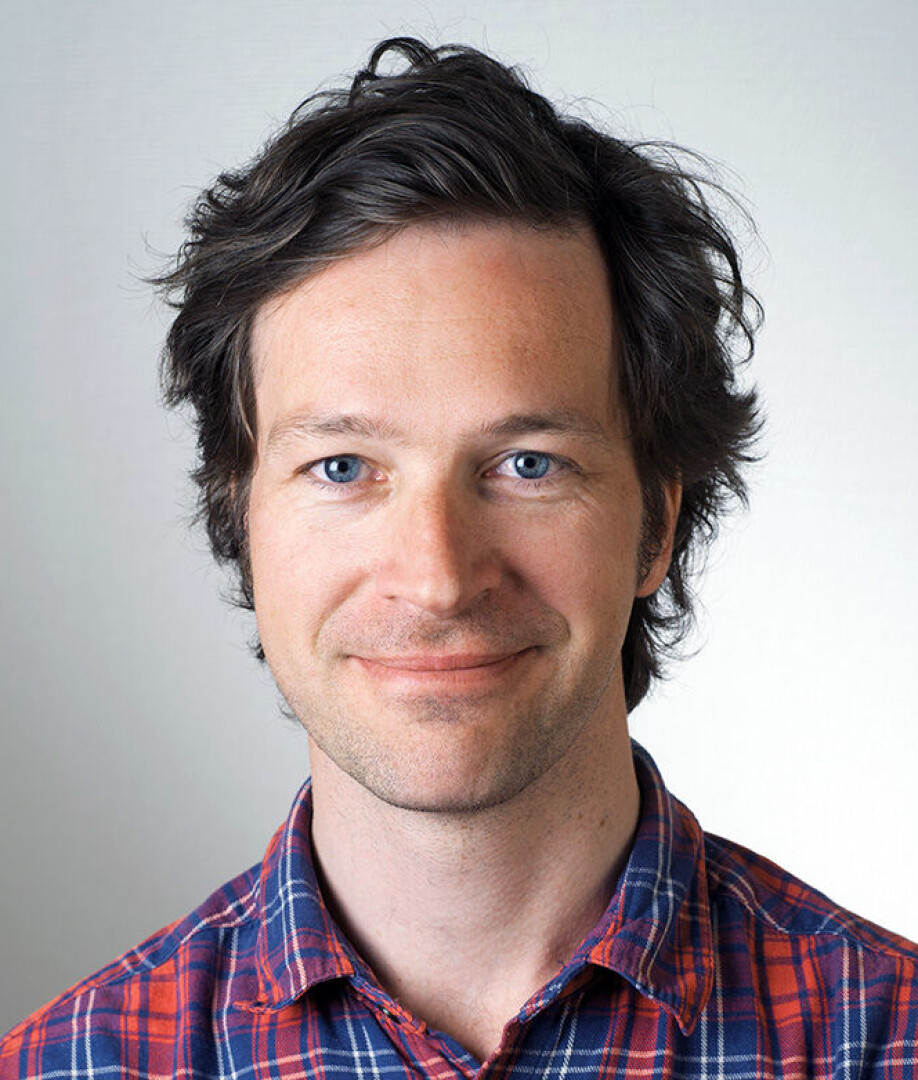THIS ARTICLE/PRESS RELEASE IS PAID FOR AND PRESENTED BY THE University of Agder - read more

Prison officer students more prejudiced after their studies
Students in the prison officer education have a more stereotypical view of persons convicted of sexual offences after they have completed their education. This might make rehabilitation less effective.
An increasing number of inmates in Norwegian prisons are serving sentences for sexual offences. The number has doubled in the last fifteen years. Today, just over 20 per cent of those in prison have been convicted of such offences. In some regions the number is one in three.
“This is perhaps the most hated group in society. Many people think that sexual assault is one of the worst things a person can do, and there is strong moral condemnation of men in particular who commit this kind of crime,” says Associate Professor Kristian Mjåland at the University of Agder.
He has been researching Norwegian prisons for several years. Some time ago he and his colleagues wanted to find out how people who study to become prison officers view inmates who have been convicted of sexual abuse.

Stereotypes about abusers
There are many negative stereotypes about this group. They are often seen as socially isolated individuals who are unable to have relationships with other adults.
The stereotypical abuser is obsessed with sex, spends a lot of time planning offences, and has a high risk of relapse. However, many of these stereotypes are just prejudices.
“When such a large group in Norwegian prisons have been convicted of sexual offences, it is a bad point of departure if they are met with prejudice and moral condemnation. Previous research has shown that rehabilitation is less likely to occur if the person serving the sentence feels he is being met in a judgmental way,” says Mjåland.
The researchers investigated the attitudes of students at the University College of Norwegian Correctional Service, which is the only educational institution that offers prison officer education in Norway. By asking the same questions to students at the beginning and end of their education, the researchers wanted to see if their attitudes changed during the course of their studies.
What they found was surprising.
At the bottom of the hierarchy
The results indicate that the students developed somewhat more stereotypical perceptions of sex offenders during their education and training. This went against what the researchers had expected.
Mjåland has a theory about how this finding can be interpreted. Many who have been convicted of abuse are serving their sentence side by side with other inmates in Norwegian prisons. However, this group is very unpopular in the prison hierarchy. To avoid violence and threats, many of those who serve a sentence for this kind of crime try to attract as little attention as possible.
“They isolate themselves, avoid using the prison yard, and keep to themselves in the common area. When the prison officer students do their practical training, they see the pattern they had expected: Men who keep to themselves and who live very secluded,” says Mjåland.
In other words, this group of inmates might not actually be loners, this could be a strategy to endure in prison.
Low relapse rates
The students also thought that persons convicted of sexual offences had a high risk of committing further offences. This perception was stable throughout the course of study. The researchers had expected to see a reduction, since research shows that recidivism among sexual offenders is significantly lower than among most other types of offenders.
“An explanation for this finding may be that the students have their practical training in high-security prisons where those who commit the most serious crimes are held. If the students think that this group represents a significant risk after completing their sentence, it is perhaps not surprising,” says Mjåland.
One expected finding that was actually confirmed was that the students held a low degree of punitive attitudes towards persons convicted of sex offences. These attitudes weakened more following further education.
“The Norwegian correctional service is based on humanistic principles. Those who hold very punitive attitudes may score lower when they apply for the programme. When the students get to know the inmates better, they will also be less inclined to want to punish people severely,” says Mjåland.
Problematic findings
There are some weaknesses in the study. 94% of the students responded to the initial survey. The response rate dropped to 65% by the final survey. The data is also based on the group as a whole, and the researchers were not able to track individual students.
Despite these weaknesses, Mjåland thinks the findings are nevertheless disturbing.
“Stereotypical perceptions of those who serve time for sexual offences as particularly dangerous can on the one hand lead to the handling of this group being taken seriously. But it can also stand in the way of rehabilitation. That is worth reflecting on,” he says.
In the study, the researchers used the Perceptions of Sex Offenders (PSO) scale. Mjåland hopes that other studies will use this scale to measure the attitudes of other occupational groups who work with people convicted of sexual offences. Then numbers can be compared, and researchers will be able to say more about the findings.
Mjåland and his colleagues will initiate annual surveys of prison officer students with a broader questionnaire than in the study recently completed.
“Surprisingly little research has been done on prison officers in Norway. I hope that we will be able to change that with time,” Mjåland says.
Reference:
Christine Friestad et.al.: Prison officer students’ perceptions of persons convicted of sexual crimes. European Journal of Criminology, 2021.
———
Read the Norwegian version of this article at forskning.no
See more content from the University of Agder:
-
Research paved the way for better maths courses for multicultural student teachers
-
The law protects the students. What about the teachers?
-
This researcher has helped more economics students pass their maths exams
-
There are many cases of fathers and sons both reaching elite level in football. Why is that?
-
How we used plants to protect ourselves from evil
-
What is it like for nurses to promote health behind bars?





































